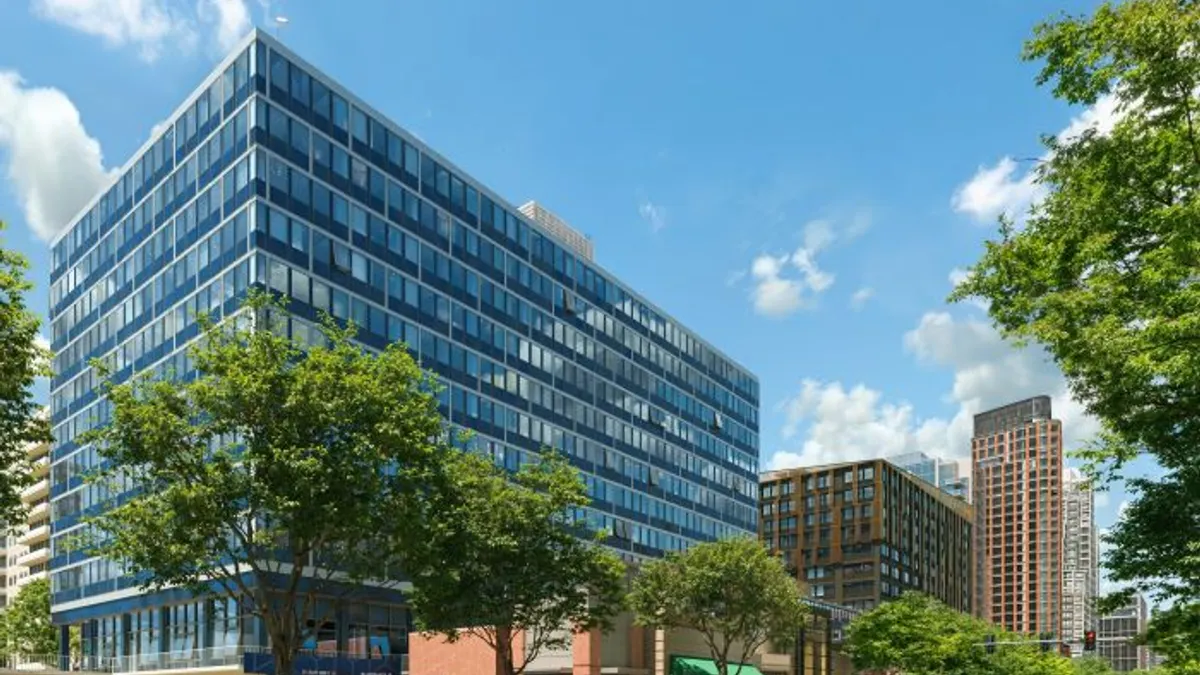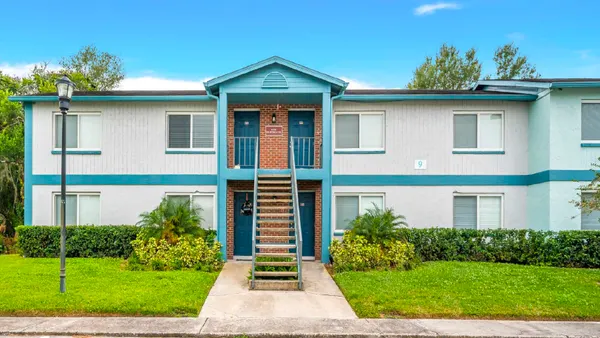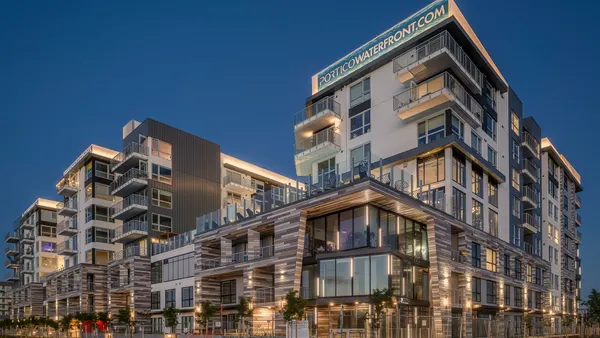At a minimum, private equity firms own over 2.2 million apartment units at 8,200 properties across the country, including projects in development but not yet occupied — roughly 10% of the entire U.S. apartment stock, according to an analysis of property data from the Chicago-based Private Equity Stakeholder Project.
Out of 121 firms included in the analysis, New York City-based Blackstone is the largest private equity apartment owner, with over 230,000 apartment units owned. The company accounts for over one-tenth of total private equity ownership in the U.S., according to the PESP.
According to the report, Charleston, South Carolina-based Greystar is in second place with over 138,000 units. The most recent NMHC Top 50 report lists the company as the No. 1 multifamily owner in the country, with 122,545 units owned in 2025. Greystar declined to comment on the PESP report.
In terms of location, more than half, or 55%, of the units owned by private equity are located in five states — Texas, Florida, California, Georgia and North Carolina. Texas has the highest number of units at over 440,000, and one in five apartment units in Georgia and North Carolina are private equity-owned.
At the metro level, Dallas has the highest share of private equity-owned apartments at over 192,000 across 591 properties. More than 40% of private equity-owned units — 928,000 — are located in the top 10 metropolitan areas with the largest supply, led by Denver, Atlanta and Houston. In Atlanta; Denver; Austin, Texas; and Charlotte, North Carolina, private equity-owned units make up more than 25% of the total stock.
Metro areas with the largest number of private equity-owned apartment units
| Metro | Total units owned by private equity companies |
|---|---|
| Dallas / Fort Worth, Texas | 192,431 |
| Atlanta | 141,500 |
| Houston | 102,052 |
| Washington, D.C. / Suburban Maryland / Northern Virginia | 92,711 |
| Denver | 86,953 |
| Austin, Texas | 83,185 |
| Phoenix | 67,534 |
| Orlando, Florida | 62,813 |
| Charlotte, North Carolina | 58,247 |
| Seattle / Tacoma, Washington | 53,452 |
SOURCE: Private Equity Stakeholder Project
The majority of the units owned by private equity — 63% — were acquired in or after 2018, and, out of the total, 43% were acquired in or after 2021, according to the report. Out of Blackstone’s unit total, more than half — 58% — were acquired in 2021 or later.
A matter of cost
The report by PESP, a nonprofit watchdog organization focused on the impact of private equity and private fund activities across all industries, states that many of the locations with a high share of private equity-owned apartments have also seen large increases in renters who report that they are cost-burdened, or spending more than 30% of their income on rent and utilities.
The report highlights Tampa-St. Petersburg, Florida, as an example. “The Tampa-St. Petersburg metropolitan area, where private equity companies own almost a quarter of all apartment units, had the largest increase among the 25 largest metropolitan areas in the percentage of renters who are cost-burdened, rising from 52.6 percent in 2019 to 61 percent in 2023,” the report reads. “Rents increased 49 percent in the Tampa area from 2019 to 2023 — the largest increases in rents among the 25 largest metropolitan areas.”
Blackstone, however, attributed these rising rents to a growing mismatch between housing supply and demand.
“We own less than 1% of rental housing in the U.S. and every country across Europe and Asia where we own assets,” the company said in a fact sheet shared with Multifamily Dive. “Given our ownership levels, we have virtually no ability to impact market rent trends. Rents are going up because there is significantly less supply of housing across the globe than demand for it.”
The company also noted that one of its portfolio companies, April Housing, was the No. 1 owner and expected preserver of affordable Low-Income Housing Tax Credit housing in the U.S., and that it had invested $17 billion to construct and improve its properties since 2014.









